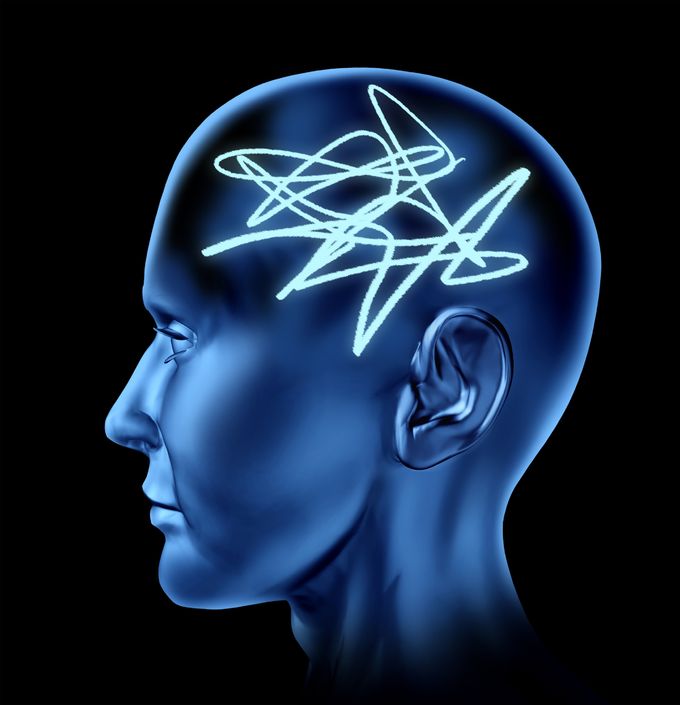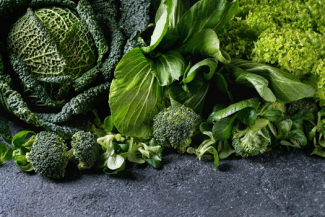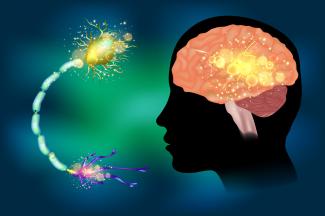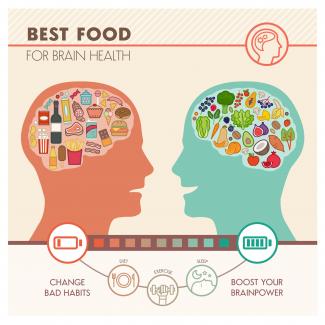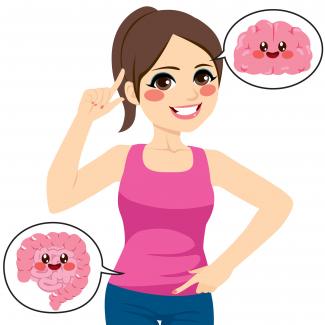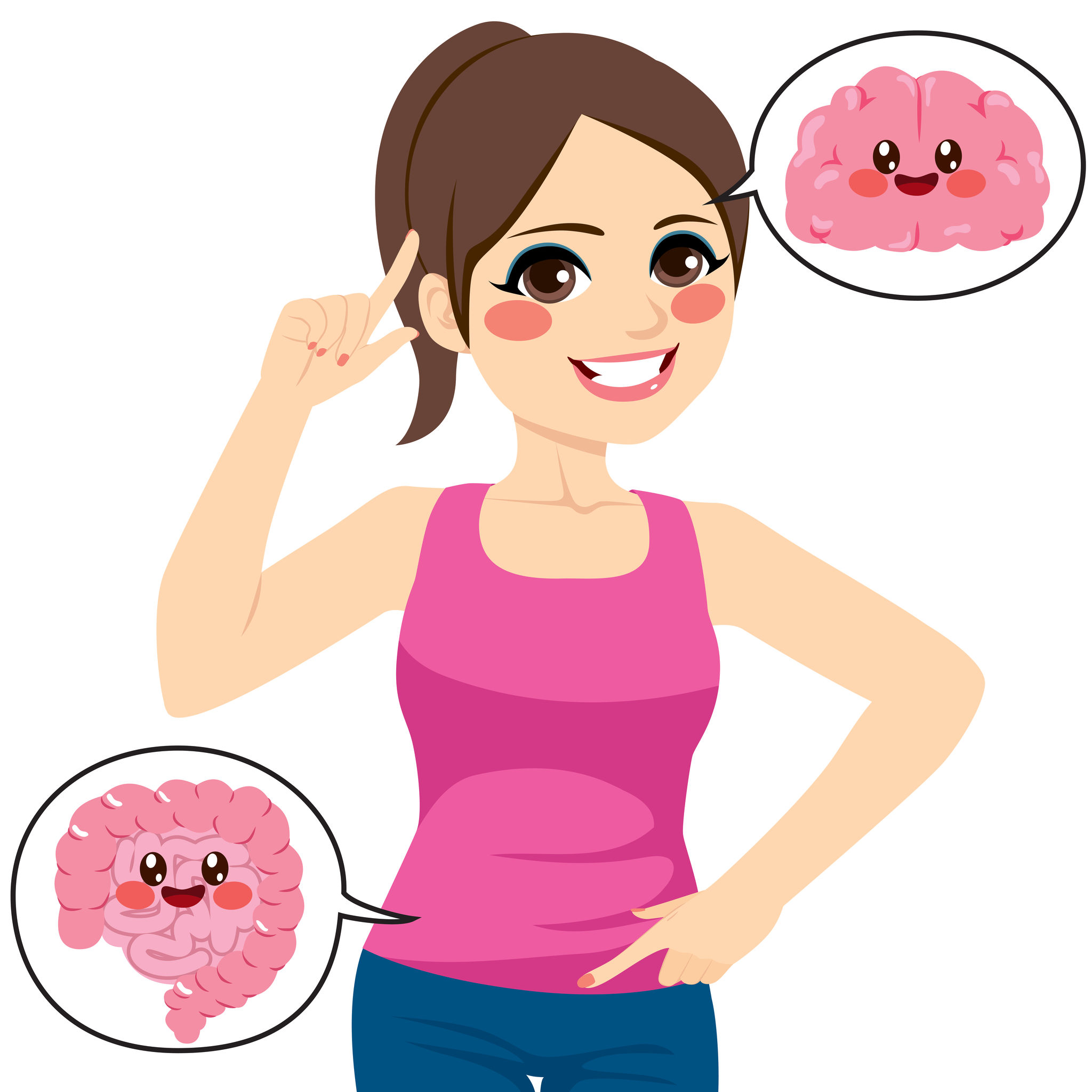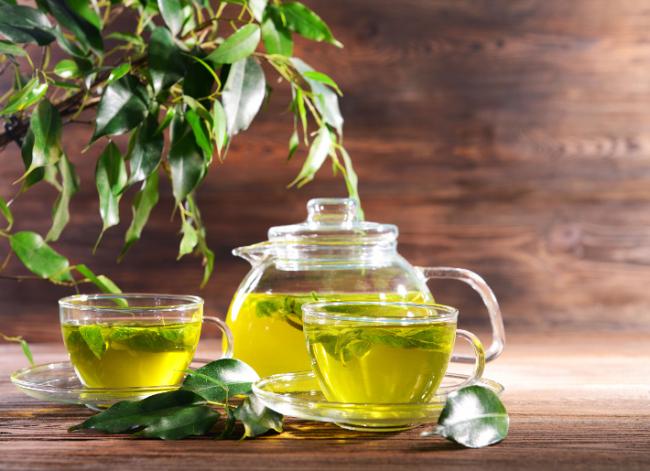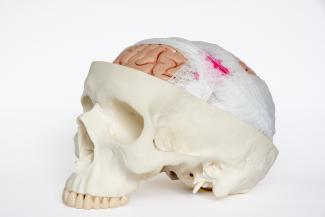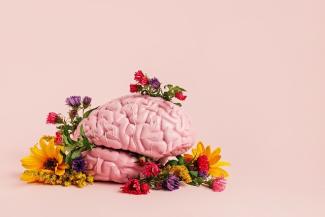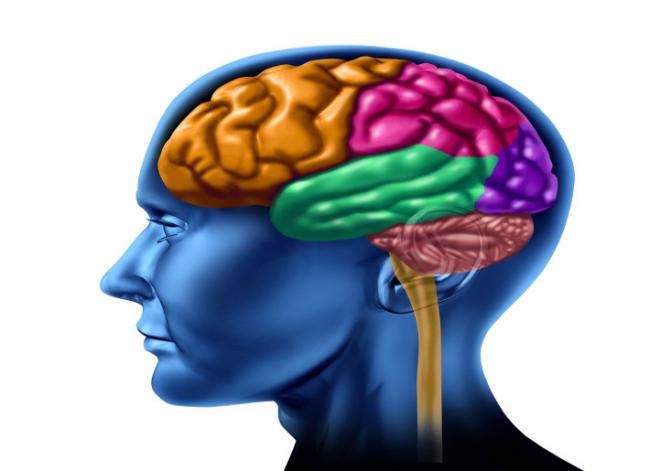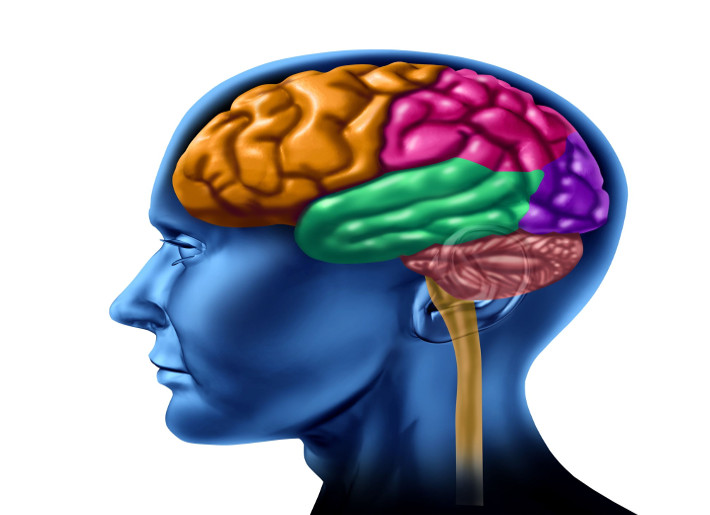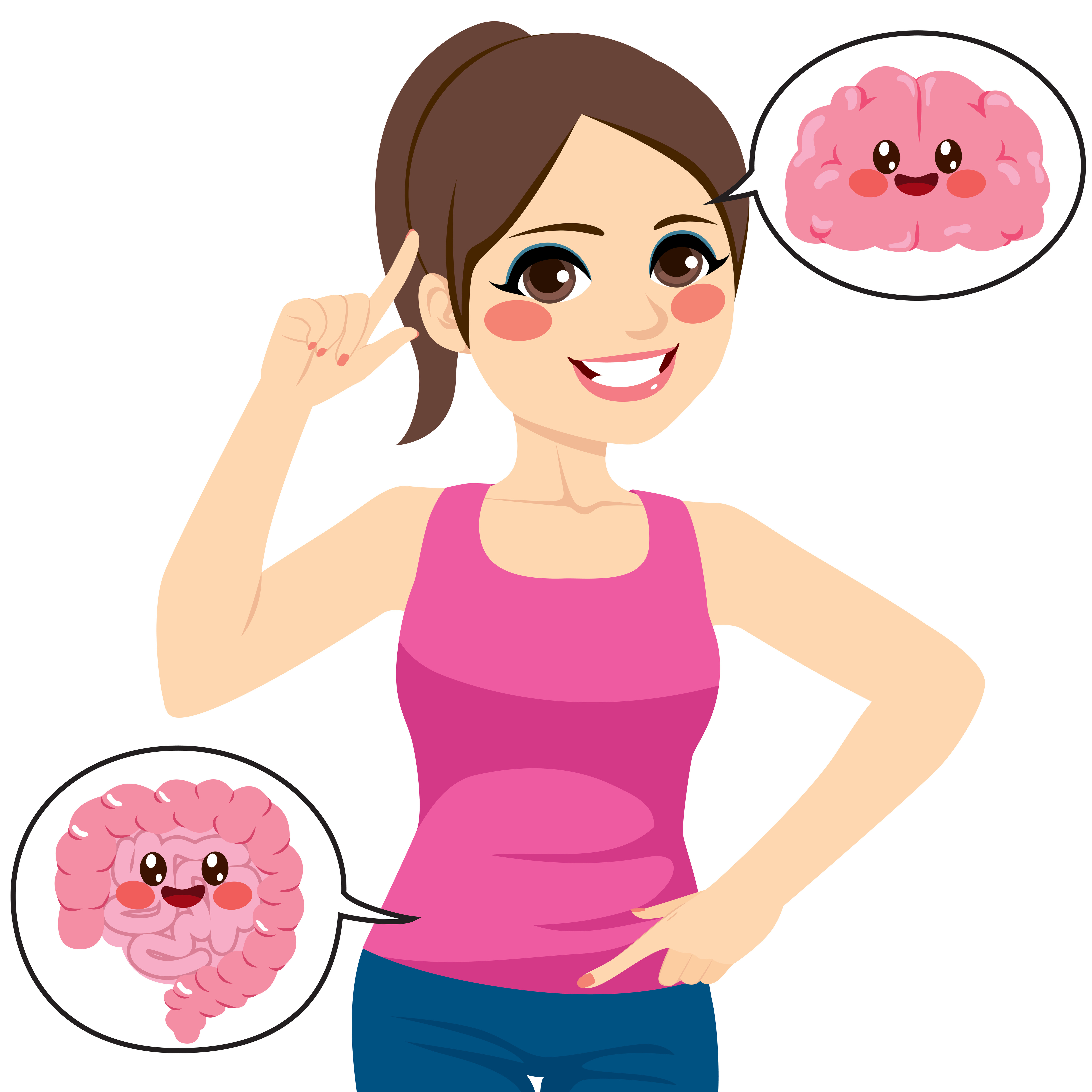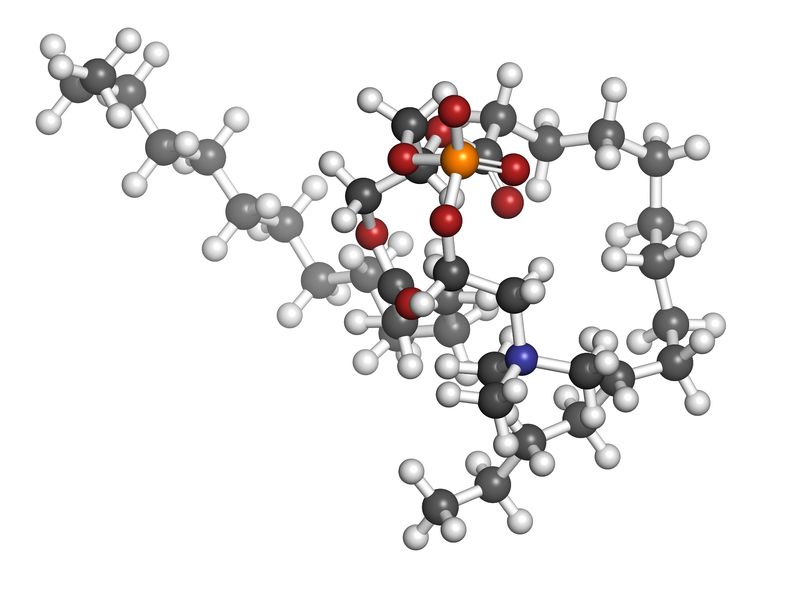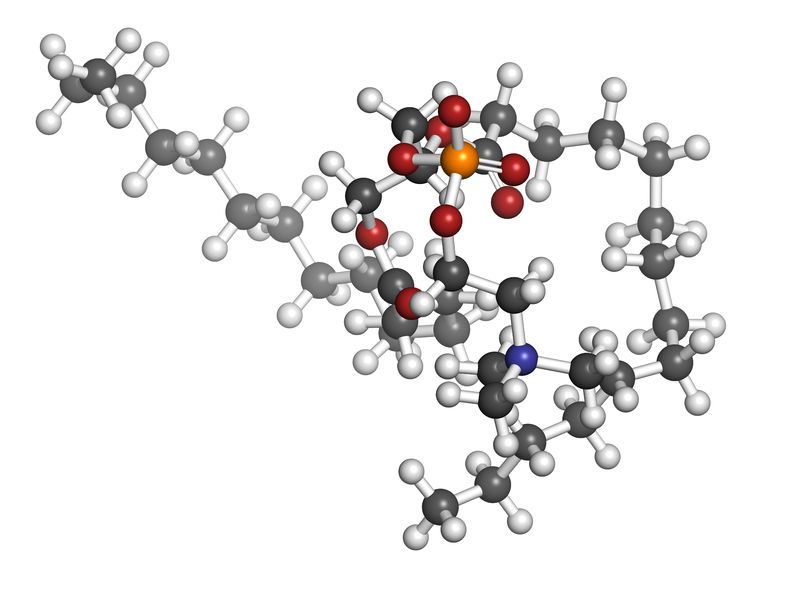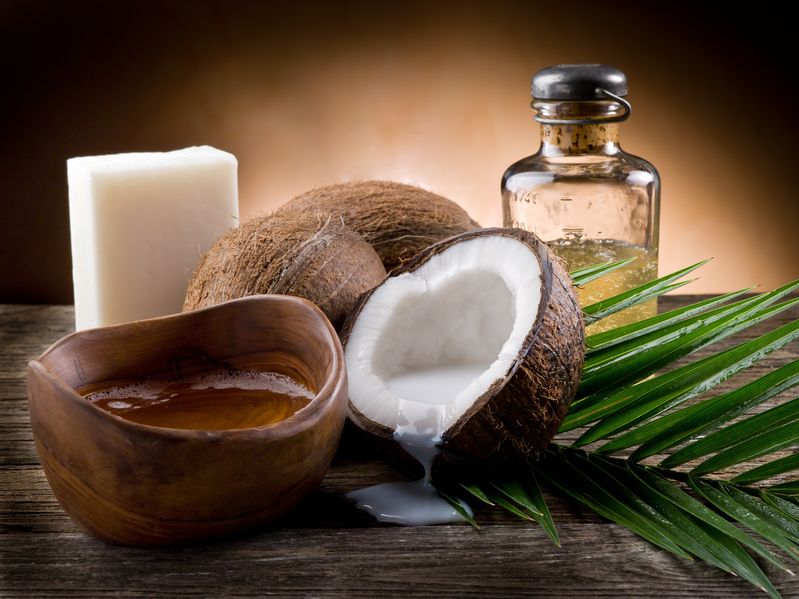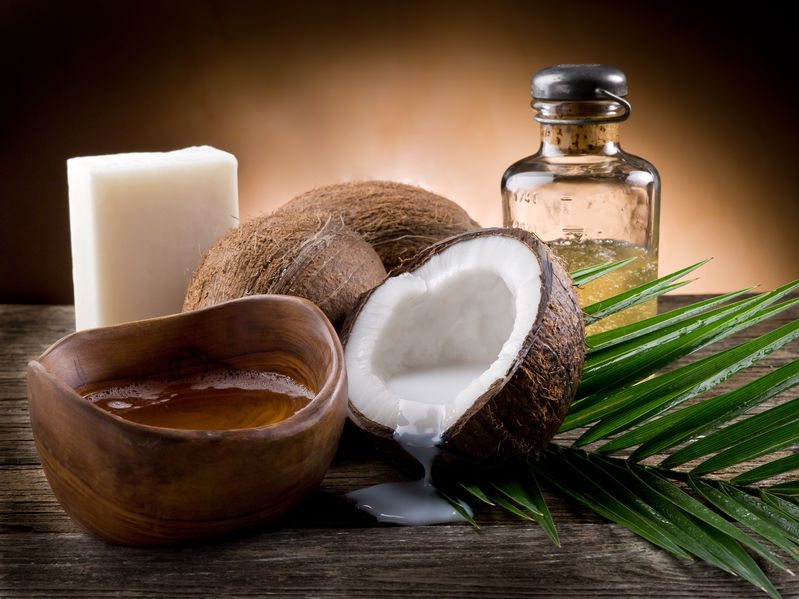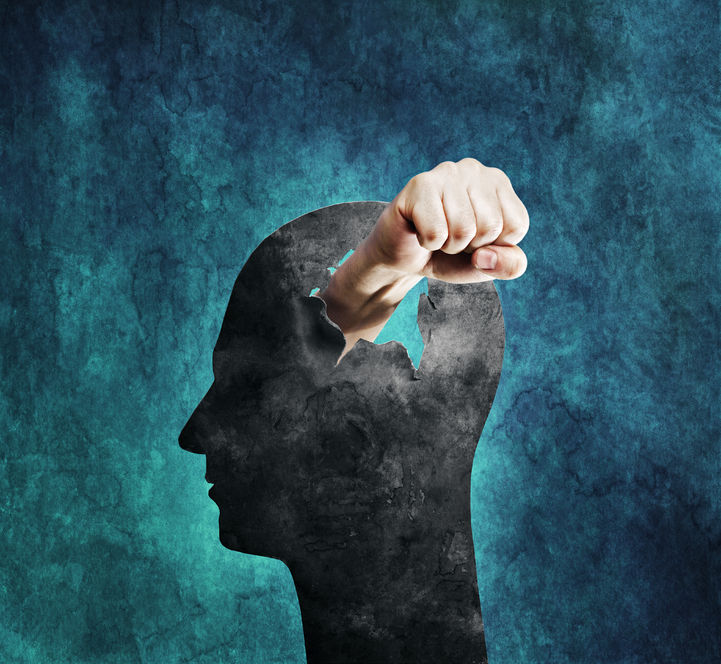Headache Supports - Naturopathic Perspectives
https://drkaitlynzornnd.wixsite.com/naturopath
There are various supports for headache management such as supplements, acupuncture/body work and herbal medicine. Headaches can be divided into different categories, determining treatment type. Migraines also have nausea, along with light, noise sensitivity and have various triggers such as certain foods, weather and hormonal cycles. Tension type headaches, on the contrary, do not have nausea, and usually occur around the forehead, neck and temples. They are commonly from stress, and neck tension. Cluster headaches are another kind, originating from the trigeminal nerve and are intense and localized. Other types are cervicogenic and sinus headaches [1]. In more rare cases, especially if pain is severe or if there are other red flags associated, then other more serious conditions may need to be ruled out. More serious head pain conditions may be Giant cell arteritis, Meningitis or Brain tumor (2). Headaches lend well to naturopathic treatments as they can be managed through diet, supplements, herbal medicine, homeopathy, acupuncture and lifestyle changes.
Causes of headaches may be related to hormonal fluctuations in women, vitamin deficiencies, dehydration, injuries (neck, head, concussions), depression/anxiety, food sensitivities/triggers and more. Premenstrual migraines are likely due to a drop in estrogen during the luteal phase, along with a drop progesterone initiating the onset of menses. These types of migraines can benefit from hormonal support, usually supporting progesterone and higher estrogens in the case of estrogen dominance.
Conventional Treatments [2]

Conventional treatments are usually drugs to reduce symptoms. These may be Nonsteroidal anti-inflammatories (ex. Advil and Aleve), analgesics (ex. Tylenol), Triptans, Narcotics (Codeine), and various drugs for migraine prophylaxis. Commonly, tricyclic and SSRI anti-depressants will be used for headache prevention – as serotonin levels have been implicated in part of migraine development. Although pharmaceuticals are often used for headache treatment and prevention, a headache is also a common side effect of various medications.
SUPPLEMENTS
Common supplements used for headache management are CoenzymeQ10, Melatonin, B vitamins, Vitamin D and Magnesium. Herbal medicine supports are Feverfew and Butterbur. Acupuncture and mind body therapies such as yoga an meditation are headache treatment and management tools.
Vitamin D
Vitamin D is a supplement that is also known as a hormonal and immune regulator. Research shows that low vitamin D levels are correlated with certain chronic diseases and even chronic pain such as headaches [3]. A review found that more than 40% of migraine patients were deficient in Vitamin D. Another study found similar results with Vitamin D deficiencies with chronic pain, fatigue and headaches [3]. Food sources of Vitamin D are: fatty fish, egg yolks, beef liver, cheese and fortified foods like cereal, orange juice and yogurts[4]. Vitamin D is thought to increase serotonin levels and reduce inflammation as a possible mechanism.
Coenzyme Q10
Coenzyme Q10 has shown benefit for migraine prophylaxis. A study showed that 100mg CoQ10 on top of currently used preventative drugs led to a reduction in the frequency of migraine attacks, along with a reduced duration and severity of them when they did occur [5].
Herbal and Supplement Combinations
Past research has focused more on Feverfew, Butterbur, Magnesium and Riboflavin. However, newer research shows benefit for Melatonin, Vitamin B6 (80mg)/Folic acid (5mg combinations). A combination of 100mg CoQ10, 112.5 mg Magnesium and 100mg Feverfew have had potentially positive effects [6]. It is important that the Butterbur is free of Pyrrolizidine alkaloids to reduce risk of hepatotoxicity. Butterbur is Grade A evidence level, whereas Riboflavin, CoQ10 and Magnesium are Grade B. This suggests that the research favours Butterbur for herbal headache management.
B Vitamins
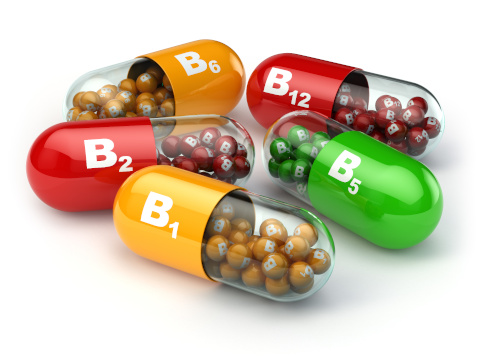
B6 supplementation led to a significant decrease in the severity and duration of migraine attacks but not the frequency compared to placebo.
Another study found that homocysteine levels could impact the development of migraines, especially premenstrually-related. This correlates to the theory of migraines having an etiology of mitochondria dysfunction and inflammation. Vitamins B6, folic acid, B12 were involved in this study – as they are cofactors in the catalyzation of homocysteine [7]. Vitamin C may also prove useful in this instance, as a regulator of neuroinflammation.
Magnesium
Magnesium is very useful clinically for both pain/headache management and treatment. A study found that 500mg of Magnesium oxide, given twice a day for 8 weeks was as effective as a Valproate Sodium solution for migraine prophylaxis [8]. Food sources of magnesium are: avocados, nuts, legumes, dark chocolate and whole grains.
MIND-BODY MEDICINE
Mind-body therapies such as acupuncture and mindfulness are great therapies utilized by naturopathic doctors to assist in a variety of conditions. Since acupuncture can both deliver pain relief at the site in need, and also increase parasympathetic activity (relaxation) - this becomes a great tool for headache management and treatment. Mindfulness-based stress reduction techniques can both reduce feelings of stress and anxiety associated with headaches, but also teach strategies to relate to pain sensations in a more neutral way.
Yoga, which is a great mind-body therapy, has been studied to benefit headaches as well.
Since the physical and psychological aspects of headaches are closely related in the development of headaches, it's important to incorporate these therapies along with the researched supplements and herbal remedies.
Acupuncture
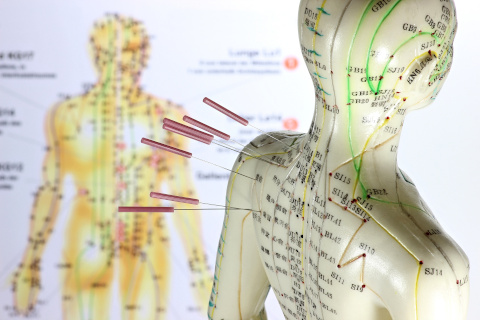
Acupuncture is thought to release endorphins locally at the site of insertion, and also at a systemic level, providing pain relief. There are various research studies showing this beneficial effect. Acupuncture can be used as prevention of tension-type headache, based on a Cochrane study [9] Acupuncture significantly reduced migraine frequency more than drug prophylaxis as well – showing that acupuncture may be comparable to pharmaceutical treatment.
Mindfulness, Meditation and Yoga
A review found that mindfulness meditation was found to be possibly as effective as pharmaceutical medication for headaches resistant to medication-overuse [10]. Evidence also supports mindfulness, yoga and tai-chi. Another group with a 90-day intervention of Ayruvedic medicine and yoga showed significant reductions in migraine symptoms including pain intensity and headache-related quality of life [10]. The control group using NSAIDs showed no significant change.
DIETARY
Food Sensitivities
It is medically recognized that certain foods should be limited to reduce headache incidence. Research takes this a bit further, identifying certain food sensitivities causing issues as well. For example, wheat, oranges, eggs, tea, coffee, chocolate, milk, beef, corn, cane sugar and yeast. When on average ten common foods were avoided there was a dramatic fall in the number of headaches monthly and a complete reduction of headaches by 85% [11]. Another study, looking at 266 food antigens through IgG antibodies found that elimination during a 6 week period led to a significant reduction in headache days and number of migraine attacks [12]
Conclusion
As a result, there are many naturopathic treatments that are valuable for headache prevention and treatment. A combination of supplements/herbal medicine, along with dietary modifications and mind-body interventions will provide more sustainable and long term positive effects.
References:
1.Headache basics. WebMD. (2019) https://www.webmd.com/migraines-headaches/migraines-headaches-basics#1
2. Migraine Headaches. NHPAssist (2019). https://www.nhpassist.com/conditions/migraine-headaches
3. Tae, S., et al. Effect of Vitamin D Deficiency on the Frequency of Headaches in Migraine. J Clin Neurol. Vol 3 (2018). :366-373.
4.Top Foods for Calcium and Vitamin D. WebMD (2019). https://www.webmd.com/food-recipes/guide/calcium-vitamin-d-foods
5.Shoeibi, A., et al. Effectiveness of coenzyme Q10 in prophylactic treatment of migraine headache: an open-label, add-on, controlled trial.Acta Neurol Belg. Vol.17. (2017):103-109.
6.Tepper, SJ. Nutraceutical and Other Modalities for the Treatment of Headache. Continuum (Minneap Minn). Vol 21 (2015):1018-31.
7.Shaik, M & Gan, SH.Vitamin supplementation as possible prophylactic treatment against migraine with aura and menstrual migraine. Biomed Res Int. (2015).
8. Karimi N., Razian A., Heidari M. The efficacy of magnesium oxide and sodium valproate in prevention of migraine headache: a randomized double-blind, crossover study. Acta Neurol Belg. (2019).
9.Klaus, L., et al.Acupuncture for tension-type headache. Cochrane Database Syst Rev. (2012)
10. .Sharma.,VM et al. Combination of Ayruveda and Yoga therapy reduces pain intensity and improves quality of life in patients with migraine headache. Complement Ther Clin Pract.Vol.32:85-9
11. Grant, EC. Food allergies and migraine. Lancet.Vol 1 (1979): 966-9.
12. Alpay, K. Diet restriction in migraine, based on IgG against foods: clinical double-blind, randomised, cross-over trial. Cephalagia. Vol 7 (2010): 829-37.




